A Witness Account from 1602 as Microhistorical Evidence for International Trade in Iceland at the Start of the Danish Trade Monopoly
Year:
2021
Pages:
51-82
DOI:
This article presents a detailed study of the testimony of eight persons before the
town council of Hamburg in August 1602. The men had been part of a Helsingør
trading company—led by Hamburg merchant Johan Holtgreve, and with a crew
largely consisting of Hollanders—that was accused by the Danish king of having
traded illegally in Iceland that summer. In their defence, they stated that they
were unable to reach their intended harbour of Spákonufellshöfði (Skagaströnd)
in northern Iceland due to the abundance of sea ice that year, and that they therefore
had to seek refuge in Keflavík and Básendar, where they interacted with the
local population. Here they found themselves in conflict with merchants from
Copenhagen stationed in Keflavík, who accused them of interfering with their
business.
Because of the high level of detail in the testimony, we gain an exceptionally
rich description of trading practices in Iceland at the time. Combined with other
sources and with recent studies about the German period in Icelandic trade, it is
possible to make some general statements about the workings of international
trade in Iceland in the sixteenth and seventeenth centuries on a microlevel.
First, it sheds light on the transition between the German-dominated international
trade in Iceland in the sixteenth century and the Danish trade monopoly in
the following centuries. We can see that the Danes, who were new to the trade
and inexperienced, sought help from experienced Hamburg merchants, who
already had a network of Icelandic clients and knew their way around Icelandic
waters. Moreover, they hired a crew and possibly also a ship in Holland, which
had a booming shipping economy at the time.
Furthermore, the document reveals the complexity of the organisational structures
behind the trade: the transition between hired ships and crews and the medieval practice of seafaring merchant-shipowners; the international cooperation,
both in the fields of seafaring and commercial enterprises; and the often
unclear distinctions between capital providers, seafaring merchants, stakeholders
and hired personnel. With regard to the situation in Iceland itself, we can see the
importance of personal experience and networks, the multilingual communi -
cation taking place on various levels, and practicalities of the transportation of
commodities to and from the trading stations. Moreover, the account sheds light
on the practices of fishing in relation to climate influences and the production of
salt-dried fish, which next to the classical stockfish production became an important
export product for the European market.

